A scientist has been making her case to be the first in the UK to be allowed to genetically modify human embryos.
Dr Kathy Niakan said the experiments would provide a deeper understanding of the earliest moments of human life and could reduce miscarriages.
Read More
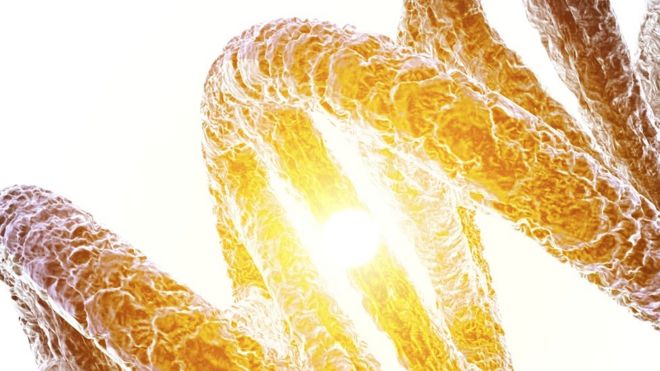 Scientists say they have fine tuned a gene editing method to make it safer and more accurate - vital if it is to be used in humans to cure inherited diseases or inborn errors.
Scientists say they have fine tuned a gene editing method to make it safer and more accurate - vital if it is to be used in humans to cure inherited diseases or inborn errors.
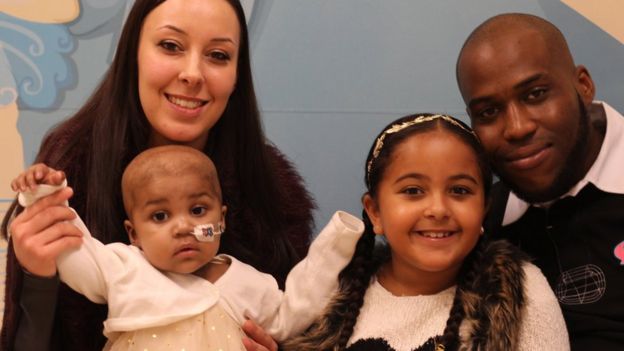 The first person in the world to receive a pioneering genetic therapy has had her cancer reversed, say Great Ormond Street doctors.
The first person in the world to receive a pioneering genetic therapy has had her cancer reversed, say Great Ormond Street doctors.
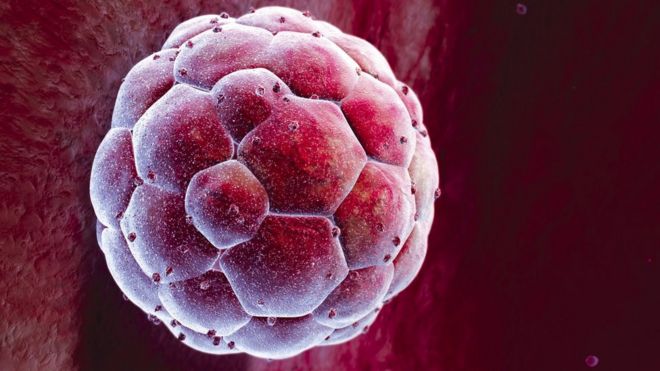 It is "essential" that the genetic modification of human embryos is allowed, says a group of scientists, ethicists and policy experts.
It is "essential" that the genetic modification of human embryos is allowed, says a group of scientists, ethicists and policy experts.
A Hinxton Group report says editing the genetic code of early stage embryos is of "tremendous value" to research.
Read More
 RIYADH: Saudi Arabia emerged as the first country in the Arab world to record more than 10,000 stem cell donors, a unique medical feat that will encourage people to donate stem cells and promote stem cell therapy in the Kingdom to help people suffering with incurable diseases.
RIYADH: Saudi Arabia emerged as the first country in the Arab world to record more than 10,000 stem cell donors, a unique medical feat that will encourage people to donate stem cells and promote stem cell therapy in the Kingdom to help people suffering with incurable diseases.
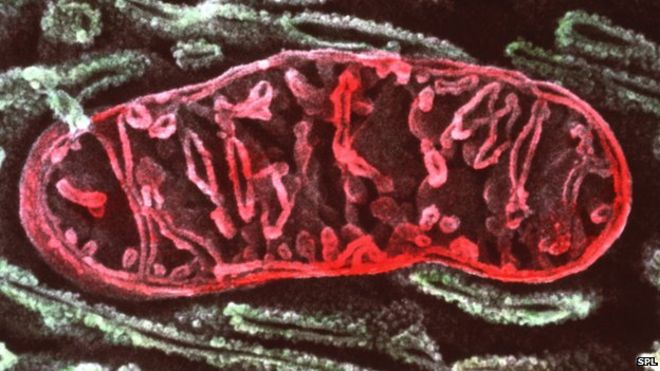 US scientists say they have taken the first step towards treating people born with mitochondrial diseases - debilitating genetic disorders.
US scientists say they have taken the first step towards treating people born with mitochondrial diseases - debilitating genetic disorders.
Their study, in Nature, showed healthy cells could be produced in the laboratory from affected patients.
Read More
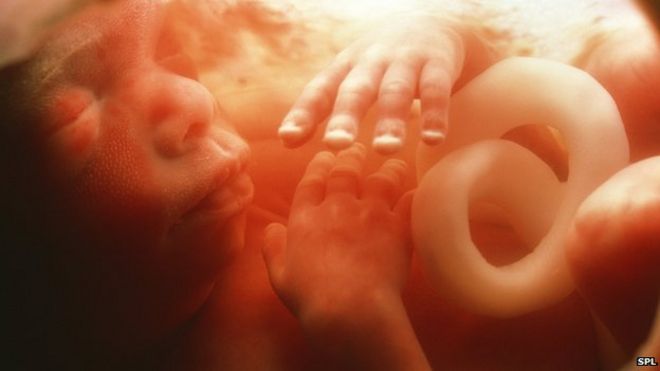 It would be unethical and a "sin of omission" to prevent the genetic engineering of embryos, a leading scientist has argued.
It would be unethical and a "sin of omission" to prevent the genetic engineering of embryos, a leading scientist has argued.
Cloning pioneer Dr Tony Perry told the BBC that advances in genetics posed a "wonderful opportunity" for eliminating diseases such as cystic fibrosis.
Read More
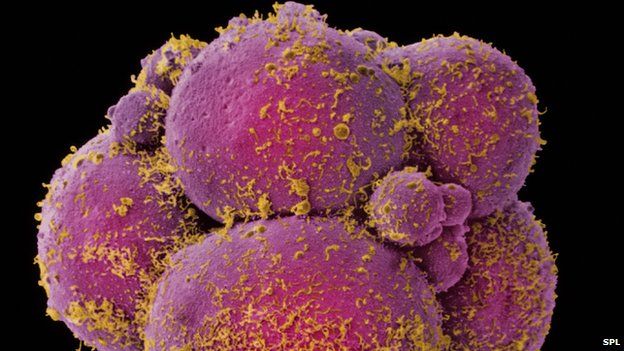 Modifying the DNA of embryos is a "line that should not be crossed", a leading figure in US research says.
Modifying the DNA of embryos is a "line that should not be crossed", a leading figure in US research says.
Dr Francis Collins, National Institutes of Health director, was responding to reports that the first embryos had been modified in China.
Read More
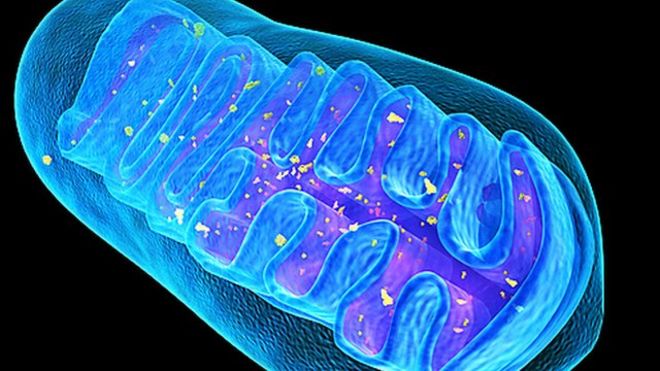 Researchers have developed a technique to edit out bits of mitochondrial DNA that could otherwise pass on incurable diseases, a study in mice shows.
Researchers have developed a technique to edit out bits of mitochondrial DNA that could otherwise pass on incurable diseases, a study in mice shows.
Salk Institute scientists used specifically engineered molecular scissors to snip out mutations in embryos, leaving healthy DNA intact.
Read MoreSmall initial trial showed improvement for people with relapsing-remitting MS
Read More